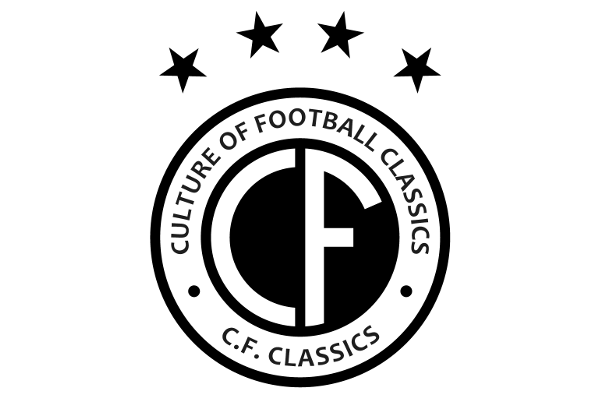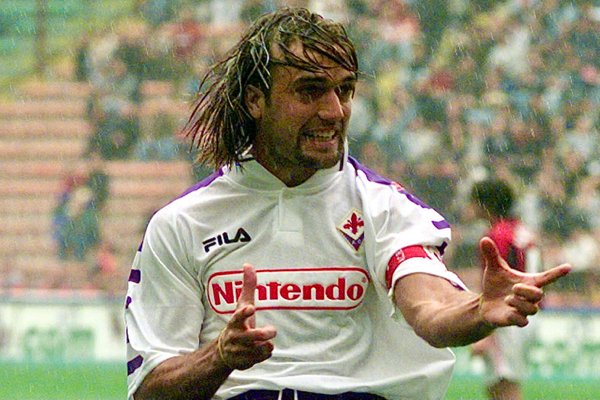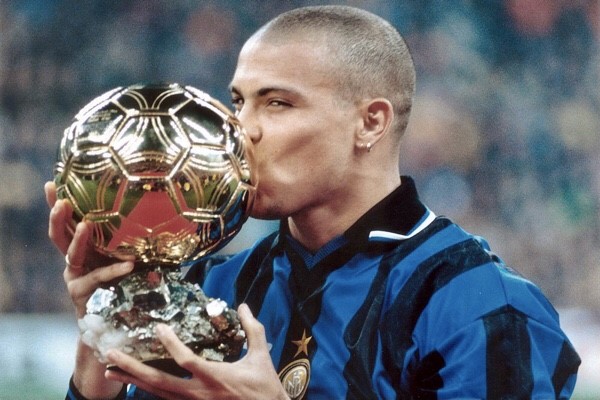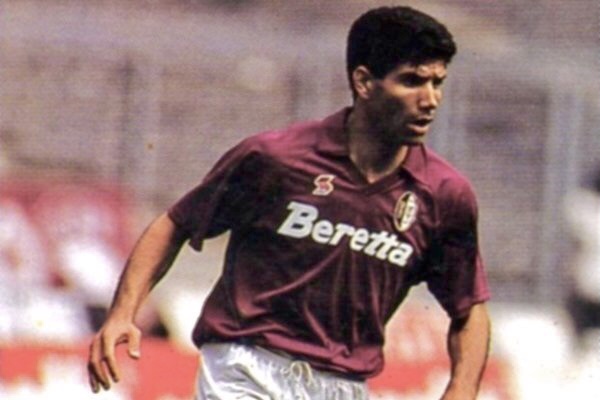Greatest Argentinian Footballers of all-time
No.1 Diego Maradona
Diego Maradona, widely regarded as one of the greatest footballers of all time, had a unique and mesmerizing playing style. He possessed exceptional dribbling skills, with close control of the ball and an ability to navigate through multiple defenders effortlessly. Maradona's agility, balance, and quick footwork allowed him to change direction rapidly, leaving opponents in his wake. He had exceptional vision and passing ability, often orchestrating attacking moves and providing key assists. Maradona's audacity, creativity, and ability to score spectacular goals made him a true magician on the field, captivating audiences around the world.
No.2 Lionel Messi
Lionel Messi, considered one of the greatest footballers in history, has a playing style that is characterized by his incredible dribbling skills, agility, and close ball control. He is known for his quick and precise movements, making it difficult for defenders to dispossess him. Messi's vision and passing accuracy are exceptional, allowing him to create scoring opportunities for his teammates. Furthermore, his ability to score from almost any position on the field, using both his left and right foot, showcases his versatility and deadly finishing ability. Messi's combination of skill, speed, and football intelligence has made him a true icon of the sport.
No.8 Daniel Passarella
Daniel Passarella was known for his exceptional defensive skills and versatility on the football field. As a center-back, he possessed a commanding presence, strong tackling ability, and excellent positional awareness. His aerial prowess made him a threat during set pieces, often contributing crucial goals. Passarella's reading of the game and ability to anticipate opponent movements showcased his tactical intelligence and made him a formidable defender. His leadership skills were never more evident than at the 1978 FIFA World Cup, held in Argentina, as he captained the national team. Under his guidance, the team achieved glory, lifting the World Cup trophy for the first time in their history. Passarella's defensive prowess and goalscoring ability played a crucial role in Argentina's success, and his contributions were acknowledged as he was awarded the Silver Ball as the tournament's second-best player.
No.10 Gabriel Batistuta
Gabriel Batistuta was one of the greatest strikers of his generation, and his career is a testament to his skill, dedication, and passion for the game. His legacy as a goal-scoring machine will continue to inspire future generations of footballers around the world.
No.15 Antonio Sastre
No.16 Ricardo Bochini
No.17 Claudio Caniggia
One of the most flamboyant footballers of the 1990s, Claudio Caniggia was known for his impressive speed, dribbling ability, and versatility on the pitch. He was a constant threat to opposition defenders, often using his pace to outrun them and create scoring opportunities for himself or his teammates. Caniggia was a skilled and creative player who could play on either wing or as a center-forward, making him a valuable asset to any team. He was also known for his work rate and tenacity, always giving 100% on the pitch.
No.18 Marcelo Gallardo
Having played second fiddle to the likes of Ariel Ortega and Enzo Francescoli in that fine River Plate team of the mid-1990s, Marcelo Gallardo finally came into his own as the team's playmaker in the late 1990s. He was capable of great moments of skill and had terrific ball control, but Gallardo's finest attributes were undoubtedly his passing, vision, and intelligence on the ball. He was one of those rare players who could dictate his team's tempo, stitching all the play together and then splitting the opposition's defence with a killer-pass. It was this creativity that saw him operate mainly as an attacking midfielder or occasionally a central midfielder.
Gallardo would go on to have a decent spell in France with Monaco and Paris Saint-Germain but would return back for spells at his beloved River Plate after playing for each of them.
No.20 Beto Alonso
No.21 Oscar Ruggeri
Oscar Ruggeri was one of the greatest defenders in Argentina's history and played a pivotal role in the country's success in the 1986 World Cup.
No.22 Carlos Tévez
Versatile and dynamic attacker known for his skill, speed, and tenacity on the field. Tevez was a real handful to play against and was equally comfortable playing up front, out wide, or as an attacking midfielder, making him a valuable asset to any team. Tevez was also known for his work ethic and his ability to disrupt opposing defences with his relentless pressure and physical play.
No.23 Bernabé Ferreyra
No.24 Guillermo Stábile
Stabile will go down in history as the first ever World Cup Golden Boot winner, scoring eight goals in just four games as Argentina team finished the tournament as runners-up, missing out to hosts Uruguay in the final. Stabile had put Argentina 2:1 up in the final, only for three second half Uruguayan goals to break Argentinian hearts.
No.25 Daniel Bertoni
Daniel Bertoni had a remarkable playing career that saw him become one of the best players of his generation. His style of play was characterized by his pace, dribbling ability, and clinical finishing, which made him a nightmare for defenders. Bertoni's achievements as a player are impressive. He won several major trophies with Independiente, including league triumphs, three Copa Libertadores title, an Intercontinental Cups, and, most famously, being a key part of the Argentina team that won the 1978 World Cup, scoring the winning goal in the final. He is widely regarded as a true legend of Argentine football and a symbol of the country's footballing success in the 1970s.
No.26 Ariel Ortega
Whilst Diego Latorre is widely believed to have been the first player to be labelled the New Maradona, it was Ariel Ortega who initially carried the real burden of the tag over the course of a number of years. Maradona's failed drug test at the 1994 World Cup had signalled the end of his international career and meant that, for the first time since 1978 when Mario Kempes wore the jersey, La Albiceleste would go into the 1998 World Cup with someone other than Diego Maradona wearing their iconic number 10 shirt. Ortega was the obvious candidate and got the nod. His form at River Plate in the 1990s had been fantastic and had lead to a transfer to Valencia, followed by a big money move to Serie A club Sampdoria, replacing fellow countryman Juan Sebastián Verón who'd made his own big money move to Parma. There was a lot of publicity around Ortega, and even more expectation. He didn't dominate the Argentinians first round matches like Maradona, but he did show glimpses of his undoubted talent and the Argentinians continued to have high hopes as they progressed past England into the quarter finals. It all ended on a sour note though, as Ortega ended up being remembered for his sending-off against the Netherlands as he head-butted Edwin van der Sar, rather than any glorious footballing moment. If the Argentinian F.A. had their way, then Ortega would have been the last player to wear it as well, as they tried to retire the shirt in honour of Maradona before the 2002 World Cup, but FIFA banned them from doing so.
No.27 Oreste Corbatta
No.28 Diego Simeone
Diego Simeone is a former Argentine footballer who is widely regarded as one of the best Argentinian midfielders of his generation. Throughout his playing career, Simeone was known for his tenacious style of play, his incredible work rate, his leadership qualities and his ability to read the game like few others. He played for some of the biggest clubs in the world, won numerous titles, and was a key player for both the Argentine national team and his club teams.
No.28 Leopoldo Luque
Leopoldo Luque was an Argentine footballer recognized for his elegant playing style and clinical finishing. He was a forward known for his technical skills, agility, and ability to create scoring opportunities. Luque had excellent dribbling ability and could navigate through tight spaces with ease. He possessed a lethal left foot and was known for his accurate and powerful shots, making him a prolific goal-scorer. Luque's intelligence and positioning in the penalty area allowed him to find scoring opportunities and contribute significantly to his teams' attacking play.
Tweet



